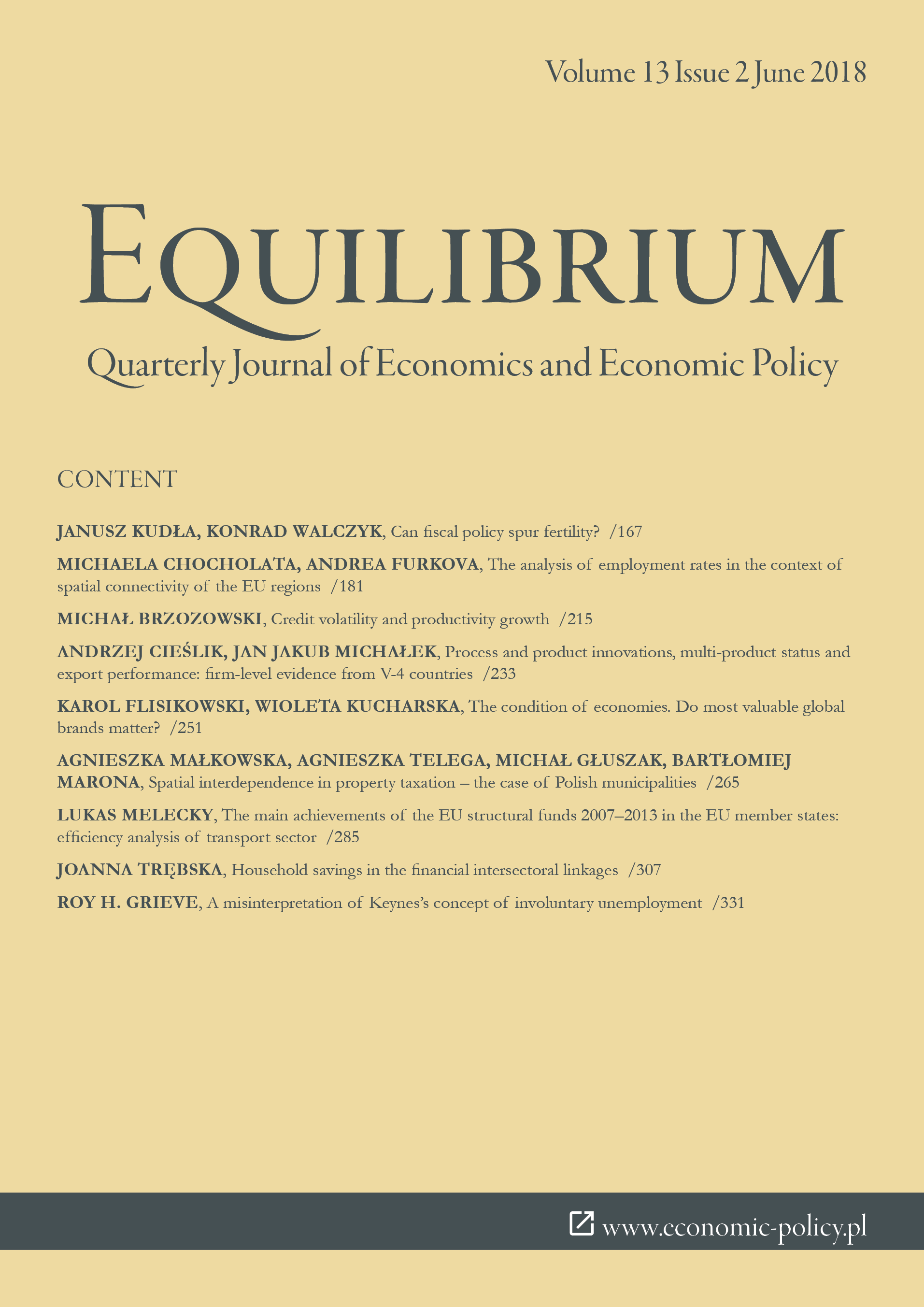УТИЦАЈ ГЛОБАЛИЗАЦИЈЕ НА РАДНО ПРАВО (ПОСТ)ТРАНЗИЦИОНИХ ЗЕМАЉА
The subject matter of this research is the influence of the current globalization and harmonization of labour law within the European integration as part of the globalization process which is reflected in changes in the field of labour law in (post) transitional countries. The current stage of labour law development is based on the harmonization of labour law with the European Union labour law, the concept of social market economy and the change of the labour world under the impact of the concept of neoliberal globalization. The analyses shows that the idea of globalization as organized, gradual historical process of establishing world community, partly through international law (including international labour law), differs from the idea of neoliberal globalization commenced in the 1980s. The course of further development of national labour law depends on the adjustment of European labour law and labour law in the EU member states to the most important changes in the world of labour and capital. It further points to the importance of a creative approach to making labour legislation development programs and developing labour legislation in general. The analysis first addresses the question whether the changes of labour law are predominantly the consequence of adjustment to global or national economic and social circumstances. The analysis shows that the changes of international and European labour law, due to globalization, mostly affect the changes of labour law in (post)transitional countries. That view is also supported by the tendency of introducing new institutes in the area of individual labour law, such as: protection of labour security of ‘whistleblowers’, protection of workers’ rights in case of change of employer, or protection in the area of collective bargaining, such as inter alia: ensuring the representativeness of social partners, institutionalization of peaceful labour dispute resolution and settlement, and others.
More...








